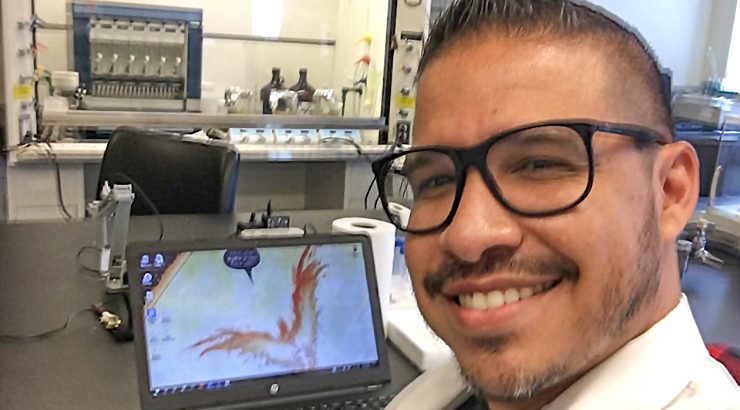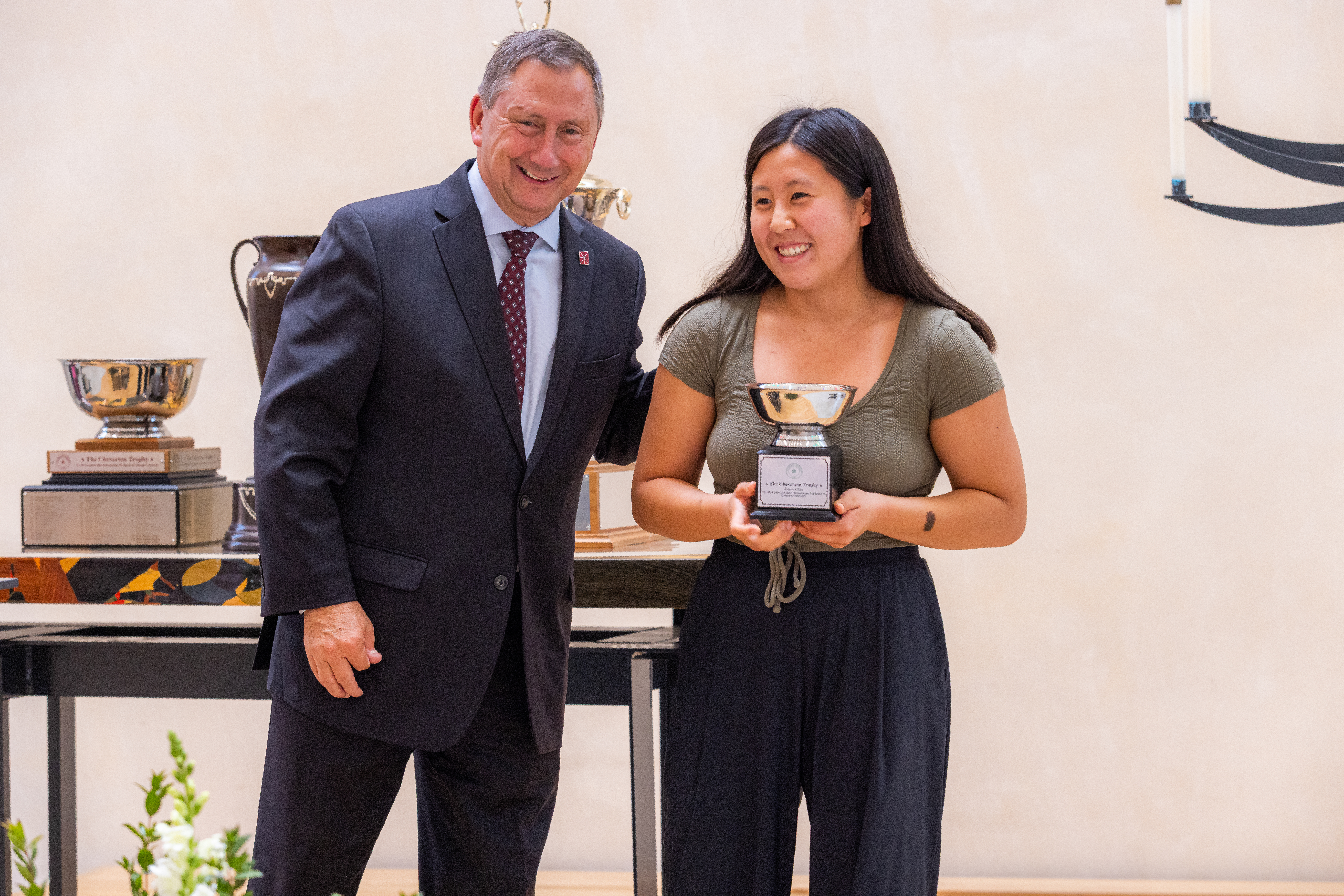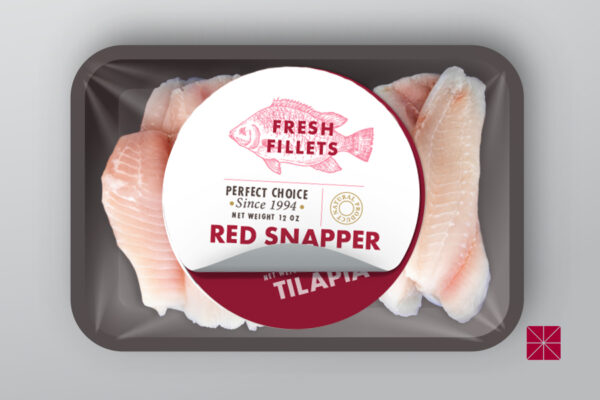Troy Garcia (MS ’21) arrived at Chapman University with a natural interest in chemistry and a growing appreciation for the science of food. Still, he was surprised by how much he has enjoyed performing research.
“I’m learning so much about how to devise and implement experimental designs,” Garcia says of the rewards in the MS in Food Science program at Chapman’s Schmid College of Science and Technology. “I’m developing procedures, learning burn techniques, how to do statistical analysis.”
His undergraduate studies introduced Garcia to some of what he’s applying in the lab these days, “but now this experience is taking things to a whole different level,” he says. “To be honest, it’s a level I didn’t even know existed prior to coming to Chapman.”
Leadership Roles Put Career Opportunities in Focus
Along the way, Garcia has earned two fellowships, including the Custom Flavors Fellowship, established with generous support from food science alumnus Alex Wendling ’12 (MS ’14). In addition to working as a graduate research assistant, Garcia serves as president of the Chapman Food Science and Nutrition Student Association as he considers multiple career options, from regulatory compliance to food security and product development.
He’s taking on leadership roles in working with both peers and professors, whom he says act as wonderful role models for the kind of mentor he wants to be.
“You can just tell that the professors care about their students and want them to succeed,” he says.
Taking a break from his thesis project, in which he’s comparing the effects of gamma and X-ray irradiation on the ripening of Bartlett pears to protect them from post-harvest defects, Garcia told us more about his experience in the MS in Food Science program.
How have your professors prepared you to thrive in an industry role?
“There are many ways. In my ‘Research Methods’ class, taught by Dr. Lilian Were, we are learning the techniques we will need as members of the food science workforce. Beyond the basic methods and tools, we’re learning how to innovate and be creative in finding solutions. That has helped me a lot with my thesis project. I’ve learned how to write, analyze and peer-review, which is very important when it comes to collaboration with other scientists.”
In what areas have you taken a leap that you didn’t expect?
“In my ‘Statistical Methods’ class, we’re writing our own codes, as well as entering into statistical software and running enrollment analyses for the data we collect. It’s like learning a different language, and I’ve never been very savvy at computer programming. But taking this class has really opened up new possibilities in analyzing my own data. There are times when I’m at a loss for what to write with these codes, but when I go to Dr. (Criselda) Toto’s office hours, she sees exactly what I’m trying to do, and she makes it very clear. It’s so much better than sitting home and getting frustrated.”
In addition to collaboration, how are you preparing to work independently?
“Working on research with my principal investigator, Dr. (Anuradha) Prakash, she gives me enough space to figure things out. When I’m having a problem, she will sometimes point me in the right direction, or say, ‘That’s a great idea.’ But what I like is that if I say I don’t understand some results, she’ll say, ‘Let me give you a couple of papers,’ and it will become much clearer. Instead of her telling me the answer, I’m able to find it.”
As you consider what kind of food science career to pursue, what will be at the heart of your decision-making?
“The baseline of everything is that I like to help people. My interest in food science is based on that commitment, that passion, that focus – to make food available that is wholesome, nutritious and that everyone can afford.”
Learn More
Learn more about Schmid College’s MS in Food Science.




